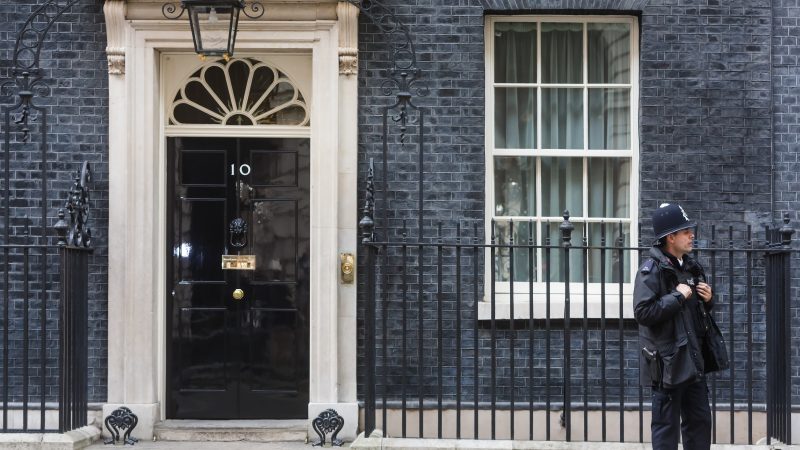
Low-paid cleaners in East London came together in 2001 with their churches, mosques and community institutions and began the campaign for a London living wage: an independently calculated, hourly rate based on real living costs. But two decades later, those cleaning the corridors of power are still struggling to make ends meet. The Living Wage Foundation (LWF) is the organisation that brings together advocates and worker-led campaign teams with business leaders and organisations who believe, like most people, that if you’re working you should be able to pay your rent and put food on the table.
Business leaders across all sectors have signed up with the LWF as accredited ‘living wage employers’. This means they’ve opened up their books and committed to pay everyone who works for their company, subcontracted or directly employed, for two hours or more a week for eight consecutive weeks the independently calculated real living wage. In addition to this, accredited employers are bound to change the pay rate in line with the annual re-calculation – else lose their accreditation.
So far, over 10,000 employers have chosen to go further than their legal obligation – the government minimum wage rate – in favour of a higher hourly rate, because it’s the right thing to do. That said, while many employers sign up to the LWF because they believe it’s the right thing to do – not all of them were so eager. A number of the big-cost, big-impact living wage employers signed up as a direct result of organised workers taking action. Low-paid employees stepped up and fought hard to win their living wage, and credit to them.
Amongst those employers that have signed up are both the Welsh and Scottish governments but – in a scandal even Boris Johnson would struggle to deny all knowledge of – No 10 isn’t a living wage employer. In fact not a single government department in Whitehall is currently accredited to the LWF. That means that the cleaners who wiped vomit from the walls of Downing Street aren’t guaranteed a London living wage. We could add this to the never-ending list of foolish oversights attributed to our current Prime Minister, or we treat him like an adult and call it out for what it is – a reflection of his true character.
Johnson once claimed to be a champion of the real living wage. In fact, when he was mayor of London, he was the keynote speaker at the London living wage rate announcement in 2012. Remarkably on his first day as Prime Minister, in 2019, the Labour MP and long-time living wage campaigner Catherine West asked him if he agreed that “every single, entry-level, Whitehall cleaner be paid a London living wage” – to which he replied: “I have to say – the answer is yes. I was very proud that when I was running London we massively expanded the living wage, and we made sure that it was paid not just by the GLA bodies, but by their contractors as well. And that is what we should be doing.”
But he didn’t implement it, he hasn’t signed up his government, and his cleaners aren’t paid it. Leadership is about choices: choices about whether to take action or whether to do nothing. Johnson has repeatedly demonstrated his inability to take decisive action. He ‘supports’ the London living wage when it serves him, but doesn’t support it enough to pay it to his colleagues.
In 2019, whilst I was working for the living wage Foundation, I worked on a research piece with the Smith Institute: Low Pay in the Public Sector. The report estimated that there were over one million jobs in the public sector paying below a real living wage. Over a million key workers who – not a year later – were asked to risk their lives coming to work to clean up after, care for and keep our country running are earning an hourly rate that means they can’t keep their head above water.
Some of those key workers sadly lost their lives last year, many more caught Covid and many more than that still don’t earn a wage they can live on. It’s simply wrong. As a trade union organiser for GMB, I had the privilege of campaigning alongside our members during the pandemic. Countless of our low-paid key worker members called me during to raise the alarm. Their campaigning meant we were able to force the government to include them in the NHS bereavement scheme, which outsourced cleaners and social care workers were initially excluded from.
Their stories meant we were able to expose the personal protective equipment shortage – and guarantee our hospital porters and cleaners were given masks and gloves. Their courage meant we were able to win them full sick pay and equal treatment with their directly employed colleagues.
It took a global pandemic for us to acknowledge that cleaners, porters, security staff and social care workers deserve dignity and respect just like everyone else. The Sue Gray report has put our low-paid key workers back in the public consciousness and the Prime Minister has yet another opportunity to do the right thing. But the writing (and the vomit) is on the wall – we all know he is too gutless to act and that is why he’s got to go. Surely, even he can see that we all deserve better than this.




More from LabourList
‘The Sherriff of Wild Westminster: what must change in elections bill’
‘The hope that kills you’: Reflections from the final day in Gorton and Denton
MPs, union leaders and organisations react to ‘bruising’ Gorton and Denton result